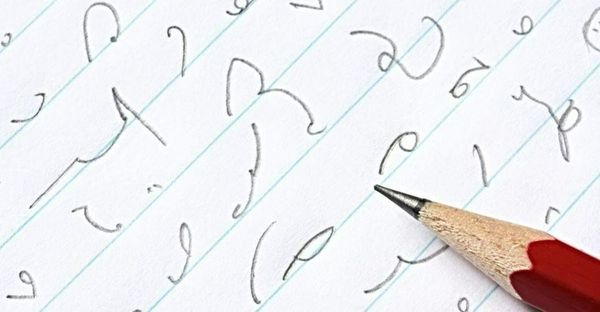
In today’s digital age, we have the luxury of technology to make note-taking a breeze. Whether it’s recording meetings, conversations, or jotting down ideas, there are plenty of apps and tools at our disposal. But it wasn’t always this easy. Before the invention of these helpful tools, people relied on a writing system called shorthand to take down notes in real-time.
Shorthand has a long history, dating back to the Greek historian Xenophon. However, it wasn’t until the Roman Empire that it gained popularity as a quick way to pen notes. The Latin shorthand system was used for over a thousand years before it fell out of favor during the Middle Ages.
It wasn’t until the Victorian Era that shorthand made a comeback. With the rise of the Industrial Revolution came a demand for stenographers, which led to the development of modern shorthand. Sir Isaac Pitman introduced a new version of shorthand in 1837, and his brother brought it to America in 1852. Although Pitman shorthand was widely used in Britain, in the United States, it was eventually replaced by the system developed by John Robert Gregg. Originally known as Light-Line Phonography, it later became known as Gregg Shorthand.
The beauty of shorthand lies in its simplicity. While longhand refers to the conventional way of writing words with long strokes, shorthand reduces letters to their simplest forms. This makes it easier to take notes quickly and efficiently. However, because shorthand looks so different from the words it represents, it is often mistaken for some ancient text. With its various dots and loops that replace vowels and consonants, some people even compare it to Arabic rather than English.
With Gregg’s shorthand, individuals who have mastered it can write down an impressive 280 words per minute. While it may seem like a relic of the past, shorthand is still relevant in certain fields. It is commonly used for note-taking in legal, medical, and secretarial professions.
Have you ever encountered shorthand? Perhaps you or someone you know has used it before? We would love to hear your thoughts and experiences with this fascinating script. Feel free to share your thoughts and pass on this knowledge to others who may be intrigued by shorthand as well!



